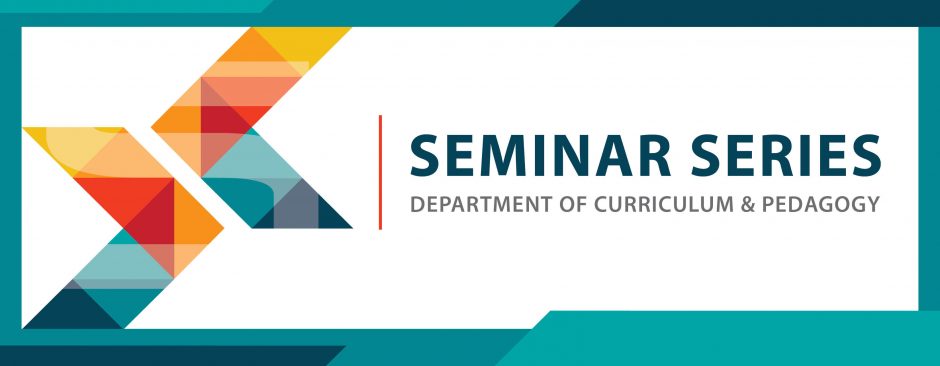
Dr. Negin Dahya | Assistant Professor, University of Washington Information School
Friday, November 25, 2016 | Scarfe 1214 | 12:30-2:00 p.m.
View the Seminar Poster
Abstract
The study of information and community technology in development settings is a rich and complex field of research and practice. Mobile phones have become a crucial part of this landscape, amplifying possibilities for information sharing, formal and informal education, and for building community networks locally and globally. Refugee camps are unique and hazardous environments where each limited resource available can have lasting and meaningful implications for individual lives and for the make-up of entire communities, particularly so for those who are additionally disenfranchised within refugee camp systems, as is often the case for girls and women. The focus of this talk will be on the role of mobile technologies in the educational worlds of girls and women in the Dadaab and Kakuma refugee camps in Kenya. Drawing on research and feminist theories of society and technology, this talk will explore how information, communication, and technology shape social and cultural contexts of education in refugee camp settings with a focus on girls and women.
Short Bio
Dr. Negin Dahya holds the position of Assistant Professor at the University of Washington Information School. She completed her PhD in Education at York University (Toronto, Ontario). Dr. Dahya’s research is focused on the social and cultural context of technology use among girls and women of color in North America and internationally. Her research has explored how girls of color in North America use digital media in educational settings, as well as how digital and social media influence educational opportunities for refugee girls and women in refugee camps in Kenya. Dr. Dahya is part of the Digital Youth Lab at the University of Washington Information School and serves as an Adjunct Assistant Professor in the UW Department of Gender, Women & Sexuality Studies. She is also an Affiliate Faculty at The Center for Communication, Difference & Equity in the UW Department of Communication and serves on committees for the non-profit organization Reel Grrls, The Inter-Network Agency for Education in Emergencies, and Borderless Higher Education for Refugees.